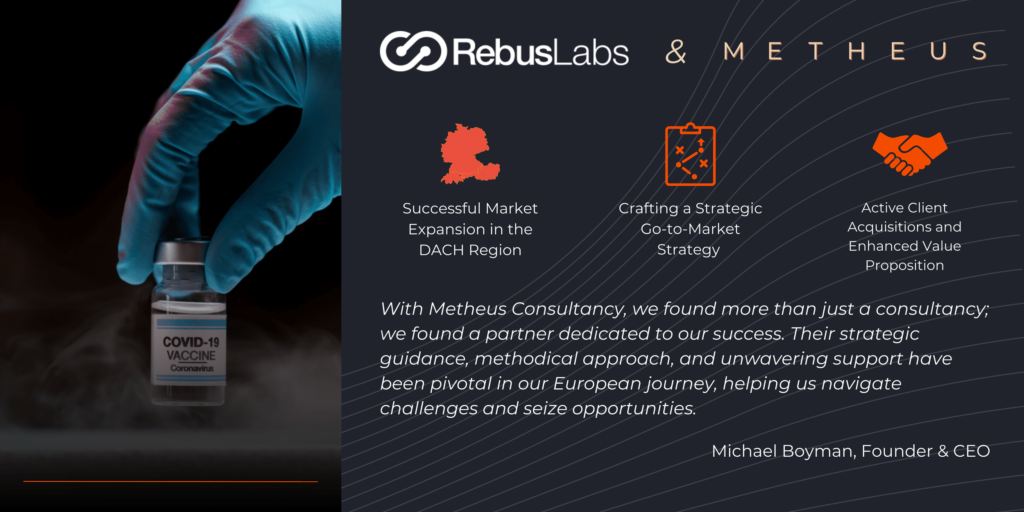How to plan your transition?
Are you ready to take your business to the next level by becoming a marketplace? Marketplaces are an excellent way to expand your business and attract a wider audience. With the growing popularity of online commerce, it’s no surprise that marketplaces have become a go-to for businesses looking to grow. However, building a successful marketplace is no easy feat, and it requires careful planning and consideration.
In our “Building a Marketplace” series, the first blog we wrote went into great length on what a marketplace is and the various marketplace models. The second one covered the topic of maturity assessment for market analysis. Lastly, the previous one discussed the business and technical requirements for becoming a marketplace.
In our “Becoming a Marketplace” series, we’ve covered everything from the various marketplace models to business and technical requirements. In this blog, we’ll dive into the crucial topic of planning the transition process. We’ll discuss the five main topics you need to consider to transition your business into a successful marketplace, including:
-
Organization
-
Business Model
-
Buyer/ Seller Experience
-
Tools & Functions
-
Solution Options
Organization
Organization is a critical component of the transition process to becoming a marketplace. The organizational structure will shape how the marketplace operates, who is responsible for what, and how decisions are made. When planning the organizational structure, it’s essential to consider the size of the organization, the number of employees, and the distribution of tasks and responsibilities. A clear and effective organizational structure will ensure that everyone knows their role and responsibilities, and that the marketplace operates smoothly. Additionally, it’s important to consider how the structure will adapt as the marketplace grows and evolves. A flexible organizational structure that can change and grow with the marketplace will ensure that the marketplace remains efficient and effective, even as it grows and evolves.
Business Model
Well-defined business model is crucial to the success of your marketplace. There are two main components of the business model: monetization and product diversity.
Monetization refers to the methods you choose to generate revenue from your platform, such as transaction fees, advertising, and subscriptions. It’s important to find a monetization strategy that is aligned with your overall goals and allows you to generate sustainable revenue over the long term.
Product diversity refers to the types of products and services that are offered on your platform. A diverse product mix can help attract and retain a wide range of buyers and sellers, and it can also provide additional revenue streams. It’s important to find a balance between product diversity and the level of complexity that you are able to manage, in order to achieve the best results for your marketplace.
Buyer / Seller Experience
The buyer/seller experience is one of the most critical factors in establishing a successful marketplace and it has 2 main components: Unified commerce experience and seller recruitment & onboarding.
A unified commerce experience that provides a seamless journey from browsing to checkout is essential to attracting and retaining customers. Additionally, seller recruitment and onboarding is a key aspect of the buyer/seller experience as it sets the tone for the seller’s interaction with the marketplace and directly impacts the quality of the products and services offered to customers. It is crucial to have a well-defined and streamlined process for attracting and onboarding top-notch sellers to ensure the marketplace offers a diverse range of products and services of the highest quality to customers.
Tools & Functions
The “tools and functions” section encompasses a range of capabilities that are essential to providing a seamless and efficient experience for both buyers and sellers. It has 4 main topics:
-
Product taxonomy & search management: Ensures that regardless of the variety and number of products being sold on the platform, buyers can easily find the products they are looking for. It should allow for the categorization and organization of products in a way that makes sense to the buyer and can be easily searched and filtered.
-
Seller Tools: The success of your marketplace depends on the satisfaction and success of your sellers. Therefore, it’s important to provide them with the necessary tools to manage their products, orders, and inventory effectively. This includes providing them with a dashboard or platform where they can view their sales data, track their inventory levels, and manage their product offerings.
-
B2B Functionality: If your marketplace will be serving B2B customers, it’s important to ensure that the platform has the necessary functionality to support their needs. This includes features such as bulk ordering, account management, and customized pricing.
-
Payment & Financial Management: Involves handling payment transactions, processing refunds, and ensuring that sellers receive their payments promptly. The payment management system should be secure, efficient, and capable of handling a high volume of transactions.
Solution Options
Integration
A marketplace often involves the integration of various systems, such as payment processors, shipping providers, and customer relationship management tools. A well-designed integration plan should ensure that these systems work together seamlessly and provide a unified experience for buyers and sellers. It is important to consider the ease of integration and compatibility with existing systems when evaluating different solution options.
Technology Solution
When it comes to technology solution, it is important to carefully consider which platform will provide the necessary tools and functions to run the marketplace efficiently. This could involve evaluating the capabilities of different e-commerce platforms or custom-building a platform that fits the specific needs of the marketplace. The technology solution should take into account the scalability, security, and customization requirements of the marketplace.
In conclusion, transitioning your business into a successful marketplace requires careful planning and consideration of various factors. To ensure a smooth transition, it is essential to focus on five main topics, including organization, business model, buyer/seller experience, tools and functions, and solution options. A clear and effective organizational structure, a well-defined business model, a seamless buyer/seller experience, essential tools and functions, and the right solution options are crucial elements in building a successful marketplace. By focusing on these key areas, businesses can create a marketplace that attracts a wide range of buyers and sellers, generates sustainable revenue, and provides a seamless and efficient experience for all users.
If you are thinking about becoming a marketplace or want to learn more about it, Metheus Consultancy is always here to help! We can guide you through the whole process of becoming a marketplace from maturity assessment to the implementation process with our expertise. If you are interested, contact us!






